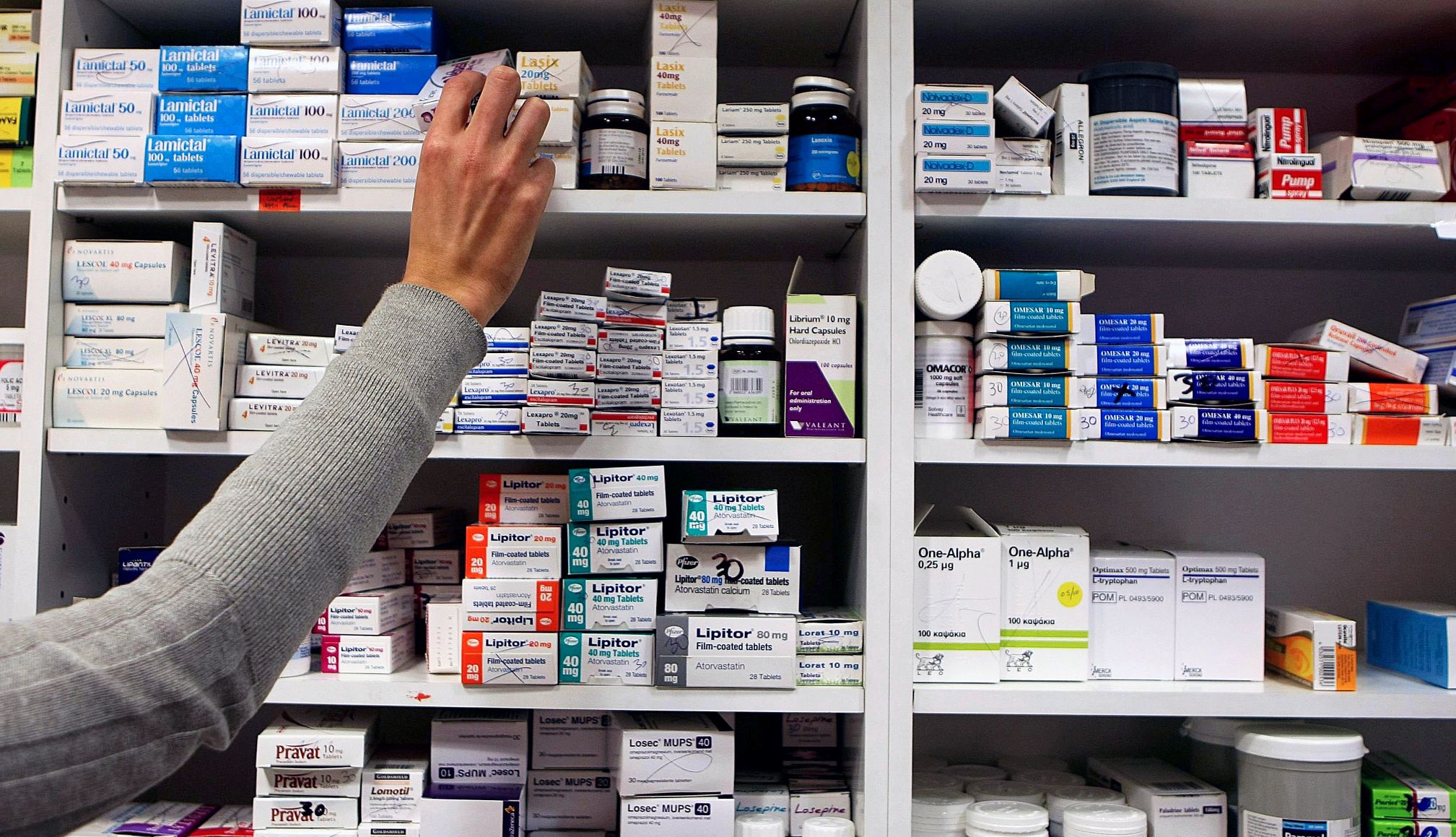AARP Hearing Center


Change Healthcare announced that it is “working aggressively” to repair its systems that connect pharmacies with insurers after a cyberattack last month. The ransomware attack on the massive U.S. health care technology company, owned by UnitedHealth Group, caused unprecedented disruptions in the industry, as well as for untold numbers of people needing prescriptions filled.
The company processes 15 billion health care transactions annually and is involved in the records of one in every three patients, according to the U.S. Department of Health and Human Services (HHS) in a March 10 letter to health care leaders on mitigating the impact of the cyberattack. Among suggested solutions to the far-reaching problem, HHS urged UnitedHealth Group to “take responsibility” and minimize disruptions for consumers and heath care providers.
UnitedHealth Group says it is making progress: Its latest online update about its recovery notes that, as of March 8, pharmacies that use Change Healthcare can again access some of its services, including “electronic prescribing … with claim submission and payment transmission.”
Before this restoration of crucial systems, many pharmacies throughout America could not transmit insurance claims for their patients, and some consumers wanting to pick up prescriptions in recent weeks were told that they needed to either wait for their medicines or pay out of pocket.
The company says it is still working on problems with its connectivity to pharmacies, including the management of certain prescription coupon programs.
It will take a bit longer to restore its systems managing health insurance payments to hospitals and other health care providers that use the company to process claims, according to UnitedHealth Group. “We expect to begin testing and reestablish connectivity to our claims network and software on March 18,” and restore service later that week. In the meantime, the update notes, “we strongly recommend our provider and payer clients use the applicable workarounds we have established.”
The HHS letter urges cooperation across the board: “The government and private sector must work together to help providers make payroll and deliver timely care to the American people.” It asks insurers to “make interim payments to impacted providers. … Payers have the opportunity to stop-gap the cash flow concerns by stepping in with bridge payments.”






































































More From AARP
What I Did When Hackers Attacked Me
How Rob Tannenbaum survived an onslaught on his accounts by cyberthievesAre You Ready if a Ransomware Attack Hits Your Computer?
Businesses and governments are typical targets, but individuals can be victims, too
Ransomware
Prevent ransomware by protecting your device
Recommended for You